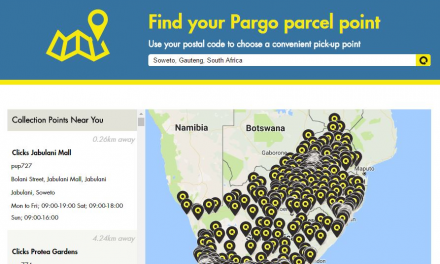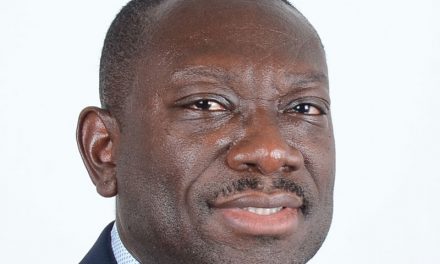
South Africa Post Office – budget gives room for some creative expansion
After years of financial losses and poor operating performances the SA Post Office (Sapo) is beginning to redeem itself. It has made a remarkable transition from a dud state-owned entity into a profitable outfit that has become a net taxpayer for the first time. Credit for this should largely go to former CEO Maanda Manyatshe, who took over the loss-making organisation five years ago and turned it around. He left to join MTN earlier this year.
His successor, Khutso Mampeule, who arrived at Sapo in June, has inherited a stable organisation with good cash flows to enable him to steer it in a new direction that seeks to modernise the postal system and corporatise its banking arm, Post Bank, in a few years. Sapo's operational profits jumped 400% to R135m (R27m) for the March 2005 financial year. Post Bank, which once suffered huge losses, is powering away, says Mampeule, with 13% growth in funds to R2bn. This puts paid to earlier threats of insolvency and a heavy reliance on government funding. Though government still subsidises Sapo because of its universal service obligation to provide a postal service to every household across the country, it has reduced funding to R161m from R263m in the previous year. State funding might gradually be phased out, says Mampeule.
Sapo's turnaround marks a refreshing departure from the early days of democracy when government was up in arms over its heavy losses despite huge subsidies which, in one year, amounted to more than R700m. A foreign partner, New Zealand Posts International, was brought in to manage Sapo but it, too, did not deliver and its contract was terminated.
Ultimately, Sapo's turnaround can be attributed to better management structures, cost-cutting, higher revenue and, more recently, a resolution with trade unions regarding costly medical aid liabilities. Under Mampeule's leadership Sapo will undergo another phase of transformation, he says. Post offices across the country will be revamped and get better technology. And Post Bank is set to become an important player in the financial services sector.
In line with the general modernisation of the postal system, post offices will get a new look. The drab, closed counters will be discarded to make way for a more friendly and airy space, promises Mampeule (40), who is the youngest CEO to head Sapo. A corporate man, who dresses the part, Mampeule has an MBA from the University of Phoenix, Arizona, and an MSc from Carnegie-Mellon University in Pittsburgh, also in the US. He has worked at several state-owned companies and controlled an investment company before joining Sapo.
With an infrastructure and technology budget of R500m, up from R435m in the previous financial year, Mampeule can afford to be creative over the next few years. Right now, though, his priority is to ensure that postal services are spread across the country, especially in the rural areas, and that all post offices are electronically connected.
To expedite the provision of postal services, Sapo has revised its targets for universal delivery. Instead of one post office for every 50000 citizens, we are looking at a post office or a point of access for postal services for every 10000 citizens, Mampeule says. Providing postal services does not mean a postbox at every single house but rather access to postal services, including mail boxes, within reach of communities. This could be done though licensed agencies or shops.
Passionate about technology, Mampeule says Sapo's five-year plan includes better systems, including the possibility of free Internet at post offices as a way of making government information accessible to ordinary people. Though Sapo has a monopoly on letters weighing less than 50g, it competes at other levels in the postal industry. Thus the need for better technology and new products and services has become all the more urgent. But any changes in Sapo's business model would, in most cases, also require regulatory changes.
Sapo is regulated by the SA Postal Regulator, which falls under the department of communications. However, when the Convergence Bill is passed, probably next year, Sapo will be regulated by the Independent Communications Authority of SA (Icasa), which to date has regulated only telecommunications and broadcasting.
For the most part Sapo has performed well but problem areas in its business remain. Topping that list is its loss-making courier business, which competes with the likes of DHL. Globally, couriers have become a growth market and there's good money to be made, Mampeule says. He points out that the fuel price hikes contributed to the losses, but that further cost-cutting and revenue increases will help Sapo turn the business around.
Copyright © 2005 Financial Times Ltd. All rights reserved.












